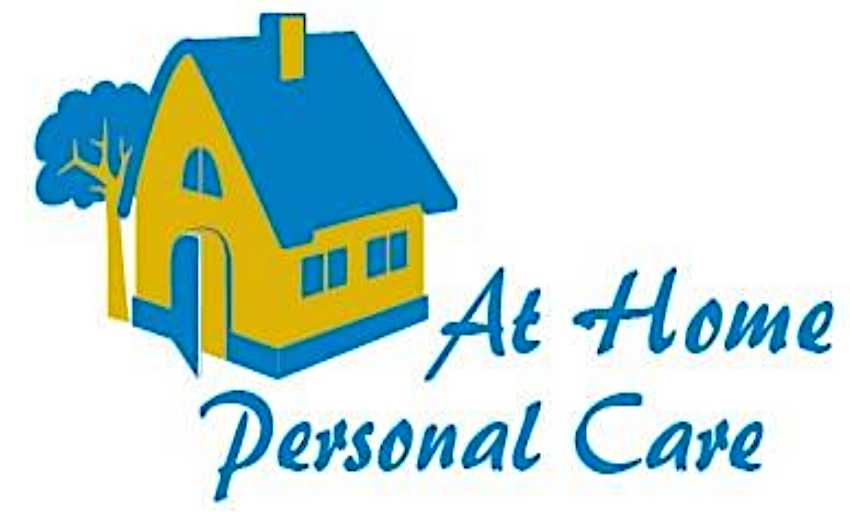We understand the profound impact a stroke can have on both the individual affected and their family. As caregivers, we often find ourselves navigating a complex landscape of emotions, responsibilities, and decisions. Recognizing when a loved one requires the specialized care offered by a stroke support care home is a crucial step in ensuring their well-being and recovery. In this article, we explore the signs that indicate your loved one may need to transition to a care home designed specifically for stroke recovery.
Understanding Stroke Recovery
Recovering from a stroke is not merely about physical rehabilitation; it encompasses emotional, cognitive, and social dimensions as well. Each stroke is unique, and the recovery journey is often filled with ups and downs. At Home Personal Care, we believe that understanding these nuances is vital to providing the best support. When we observe our loved ones struggling with the aftermath of a stroke, it becomes imperative to assess their needs comprehensively.
There are several factors to consider during this evaluation. For instance, cognitive impairments can manifest in various ways, such as difficulties with memory, attention, and decision-making. Additionally, emotional responses like depression or anxiety can significantly hinder recovery. It’s essential to keep an eye on how our loved ones are coping with these changes. We must ask ourselves, “Are they getting the support they need?” This question often leads us to consider whether a stroke support care home could provide the necessary environment for recovery.
Increased Need for Assistance
One of the most telling signs that a loved one may require the specialized support of a stroke care home is an increased need for assistance in daily activities. After a stroke, many individuals find it challenging to perform tasks they once managed independently. This can include basic functions such as bathing, dressing, and eating. As we observe these struggles, it’s important to reflect on the implications for their safety and dignity.
When our loved ones begin to rely more heavily on us or other family members for assistance, it may indicate that their current living situation is no longer conducive to their recovery. For us, this realization can be difficult, as we may feel a strong desire to provide care ourselves. However, we must acknowledge that professional care environments are equipped with resources and trained staff to meet these specific needs effectively. In a stroke support care home, our loved ones will not only receive the assistance they require but also benefit from the companionship and social interaction that can greatly enhance their quality of life.
Emotional and Behavioral Changes
As caregivers, we often witness emotional and behavioral changes in our loved ones following a stroke. These changes can range from mood swings and irritability to profound sadness or withdrawal from social interactions. Observing these shifts can be distressing, but they are often a natural response to the trauma of experiencing a stroke. Nevertheless, when these emotional challenges persist and begin to affect daily life, it may signal a need for specialized care.
At Home Personal Care, we recognize that emotional well-being is just as crucial as physical recovery. If we notice that our loved ones are becoming increasingly isolated or are struggling to manage their emotions, it’s essential to consider the benefits of a stroke support care home. These facilities typically offer structured programs designed to address emotional health, providing resources such as counseling, group therapy, and activities aimed at fostering social connections. By choosing a care home, we can ensure that our loved ones receive the emotional support they need to navigate their recovery journey.
Safety Concerns at Home
Safety is paramount when caring for a loved one who has experienced a stroke. As caregivers, we often become attuned to the unique challenges posed by our loved one’s condition. If we find ourselves constantly worrying about their safety, whether it’s due to mobility issues, difficulty with coordination, or the risk of falls, it may be time to evaluate their living situation.
In a stroke support care home, safety measures are a fundamental aspect of the environment. These facilities are designed with the specific needs of stroke survivors in mind, featuring accessible layouts, supportive staff, and emergency response systems. If we find ourselves feeling anxious about leaving our loved ones alone or if they are showing signs of confusion that could lead to dangerous situations, considering a professional care setting can provide peace of mind for both us and our loved ones.
The Importance of Social Interaction
Social interaction is an often-overlooked component of recovery for stroke survivors. After a stroke, many individuals may feel isolated or disconnected from their social circles. We, as caregivers, might notice that our loved ones are becoming more withdrawn or are less engaged in activities they once enjoyed. This lack of interaction can hinder their recovery and overall well-being.
A stroke support care home offers an environment where socialization is encouraged and facilitated. Here, our loved ones can engage with peers who understand their experiences, participate in group activities, and build new relationships. This social dimension is vital for emotional health and can significantly contribute to an improved quality of life. If we observe that our loved ones are struggling with loneliness or isolation, it may be time to explore the benefits of a specialized care home that prioritizes social engagement.
At Home Personal Care is here to help. Our stroke support care homes are designed to provide compassionate, personalized care that supports recovery, safety, and emotional well-being. If you’re noticing the signs that your loved one may need more specialized support, we invite you to reach out today.
Contact Us to learn more or schedule a free care consultation. Let’s ensure your loved one gets the care they truly deserve.
